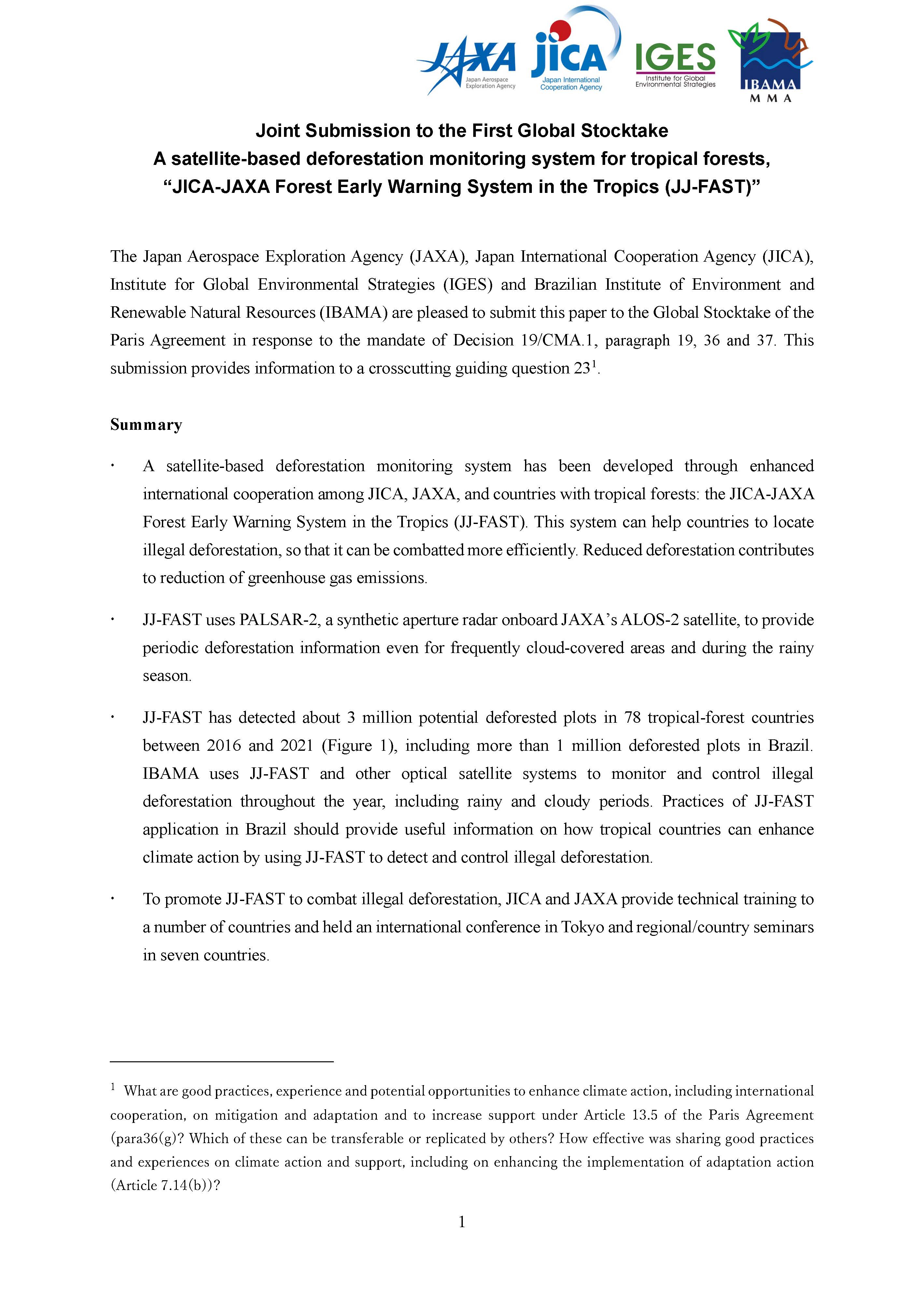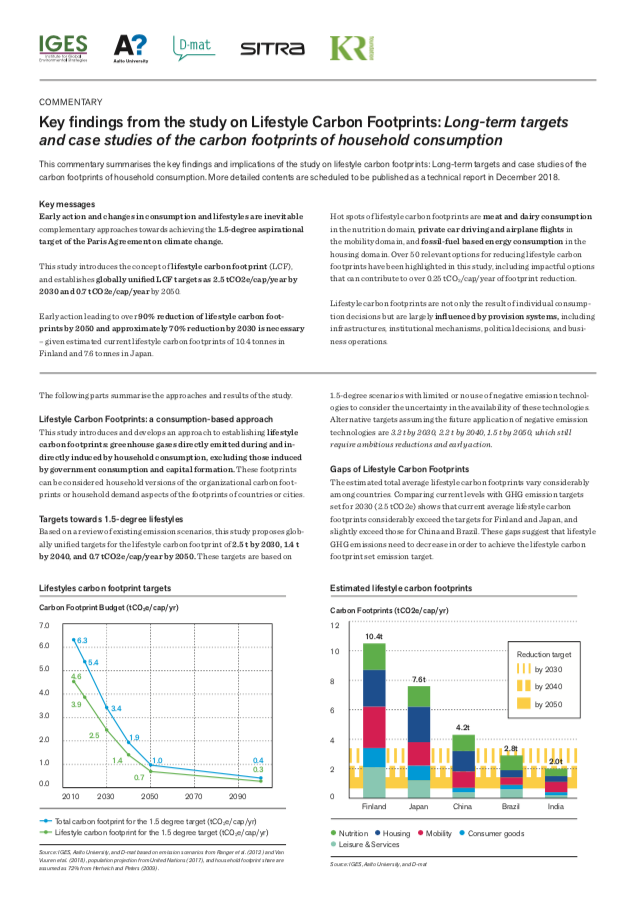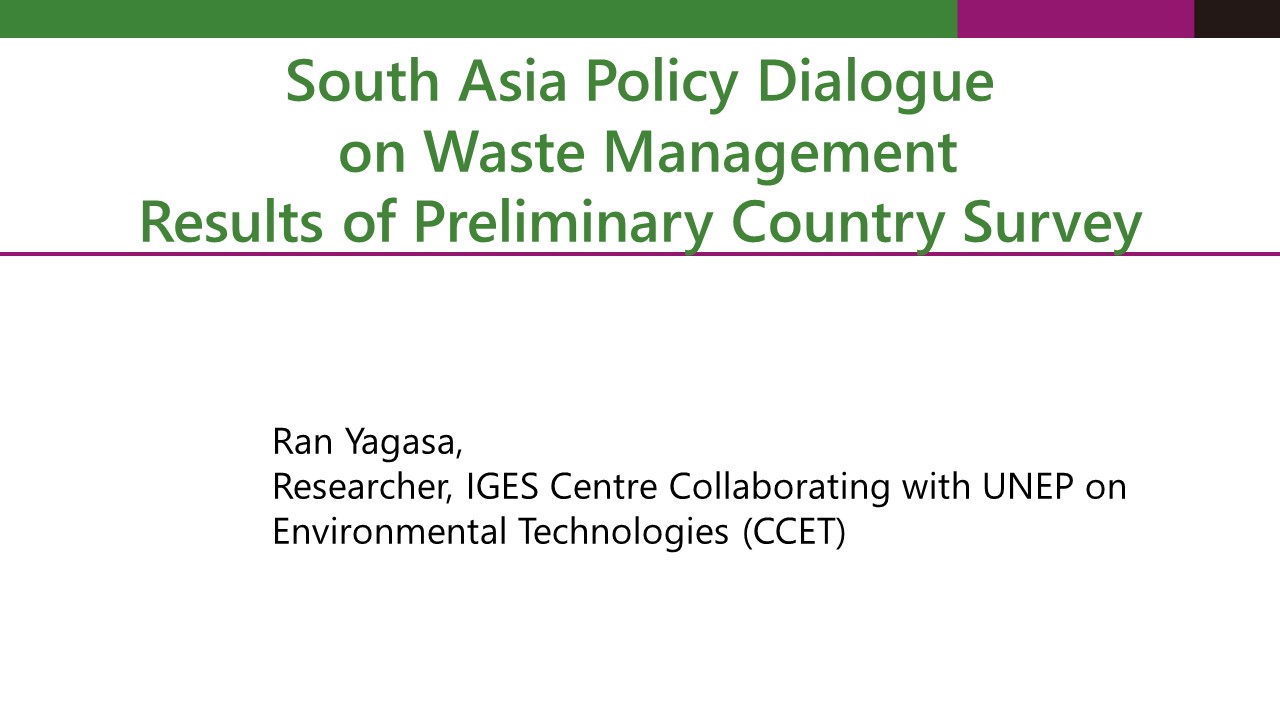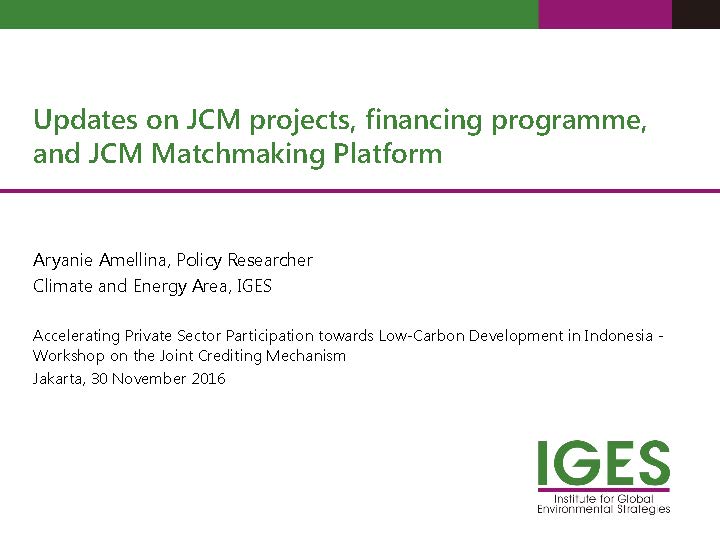In International Journal of Disaster Risk Reduction
Microfinance institutions (MFIs) in Bangladesh provide a variety of financial services to poor households that can help them cope with natural disasters (e.g. floods) and adapt to environmental changes (e.g. increasing soil salinity). However, due to the limited geographic range in which MFI branches can provide their services, households located...







